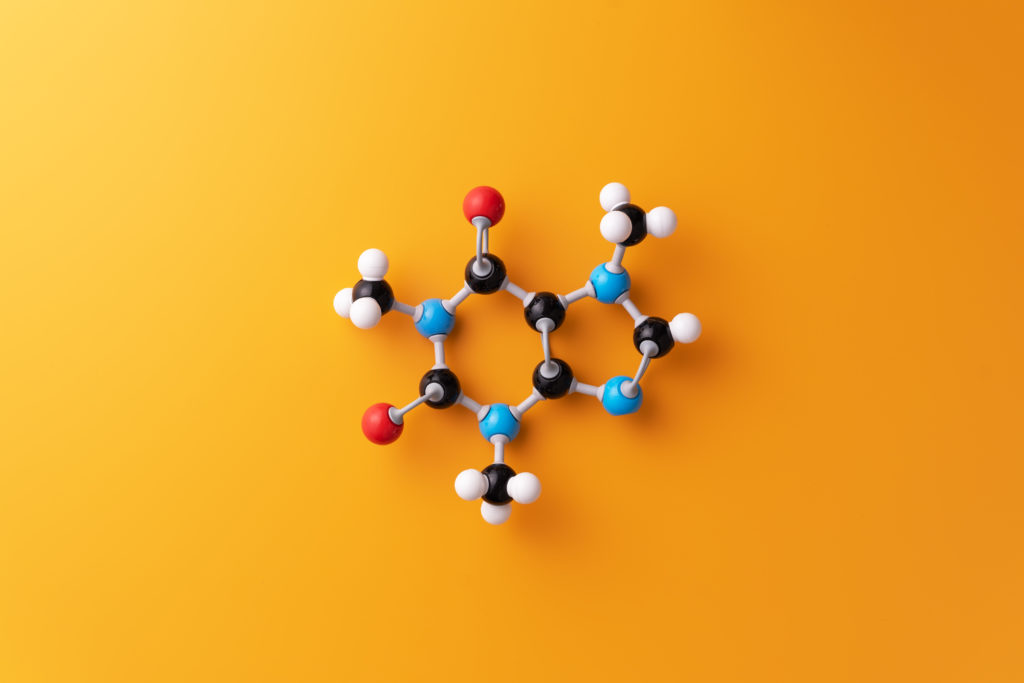
Caffeine is one of the most widely used stimulants in the world. It’s found naturally in foods and drinks, but it’s also added to many commercially available products. However, despite its widespread use, there are still some unanswered questions about this substance and its effects on our bodies. In particular, there’s a lot of confusion around caffeine and brain function because people don’t always know what they’re getting when they buy their caffeine pills, coffee, an energy drink or even a chocolate bar.
Caffeine is a stimulant, it boosts your alertness, helps you focus, and keeps you awake. Caffeine works by blocking the effects of an inhibitory neurotransmitter called adenosine. Normally, adenosine binds to receptors in your brain that are designed for it, this triggers a sleep response. When that happens, you get tired and start to feel sleepy. By blocking adenosine receptors with caffeine instead of letting it bind there, you make yourself less tired during the day without feeling drowsy afterwards. Other effects include improved mood and energy, reduced feelings of stress or depression, enhanced athletic performance, improved reaction time and increased short-term memory capacity.
Caffeine can help you stay alert. Caffeine is a drug that stimulates your central nervous system, which increases blood flow to the brain and releases sugar into your bloodstream. These actions make you feel more awake and alert.
Caffeine can help you focus better on tasks that require attention or concentration, especially if they’re boring or monotonous. This is because caffeine increases dopamine levels in the brain the chemical responsible for motivation and reward seeking behavior which motivates people to do tasks they might otherwise avoid because they’re tedious or uninteresting. This means caffeine could potentially help students stay focused during long study sessions at home or in class.
Caffeine can improve short term memory retention by improving communication between different parts of our brains that encode new information into long term memories (this also happens when we sleep!). So, while caffeine isn’t going cure Alzheimer’s disease anytime soon it would need plenty of research first! Drinking coffee could help improve short term memory retention among young adults who tend not remember things well due lack experience/practice using them often enough yet!
Caffeine has been shown to help mental health in a variety of ways. Studies have found that caffeine can reduce the risk of depression, anxiety, and mood disorders. Researchers are still investigating exactly how caffeine helps with mental health issues. One theory is that it acts as a mild antidepressant by increasing certain neurotransmitters in your brain; another possibility is that caffeine helps regulate circadian rhythm (your body’s internal clock), so you feel less depressed when you’re awake longer than usual during the day.
Caffeine is a stimulant that can improve your brain function and alertness, but it’s also important to note that too much caffeine can be harmful for your body. Like anything else, it’s best to use caffeine responsibly and in moderation so that you get the most out of its benefits without suffering any adverse side effects


